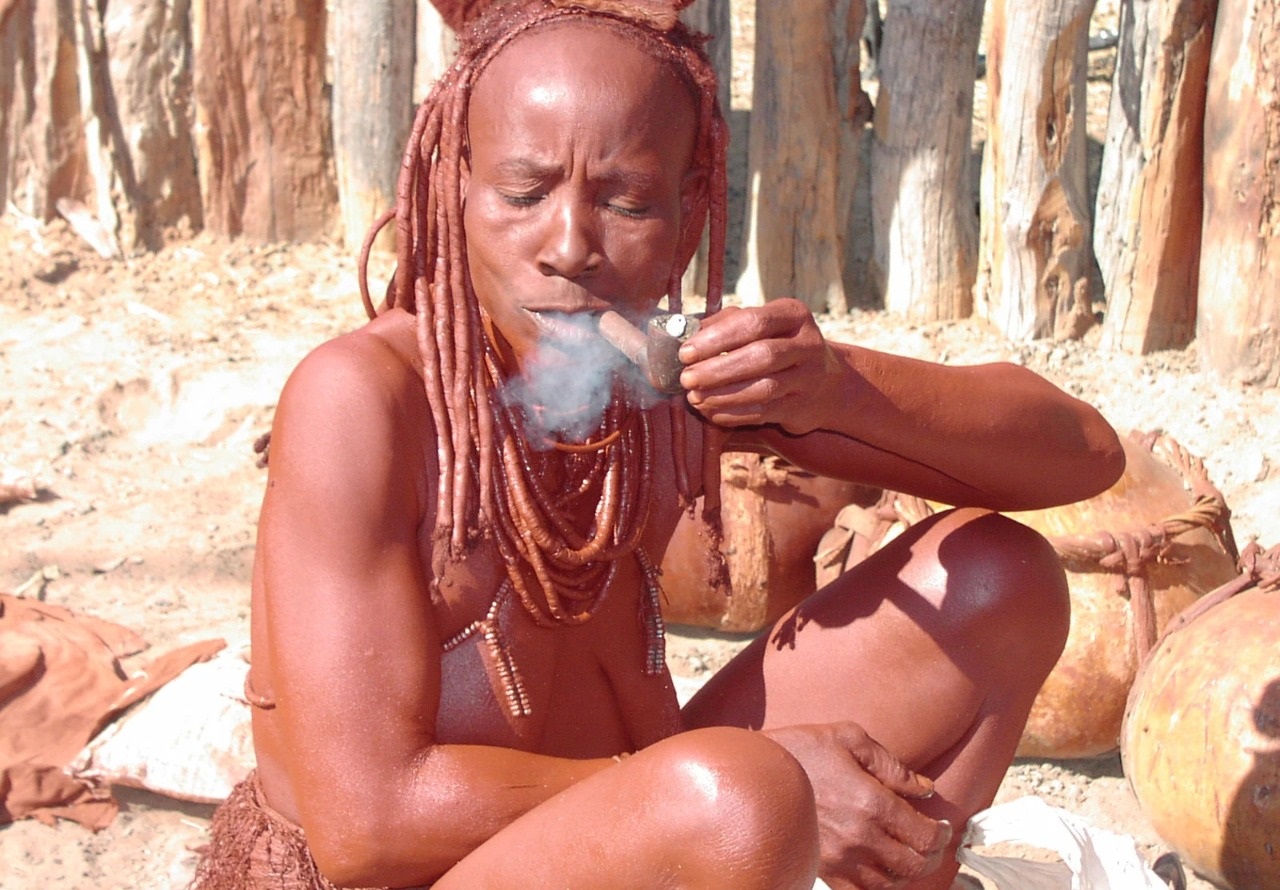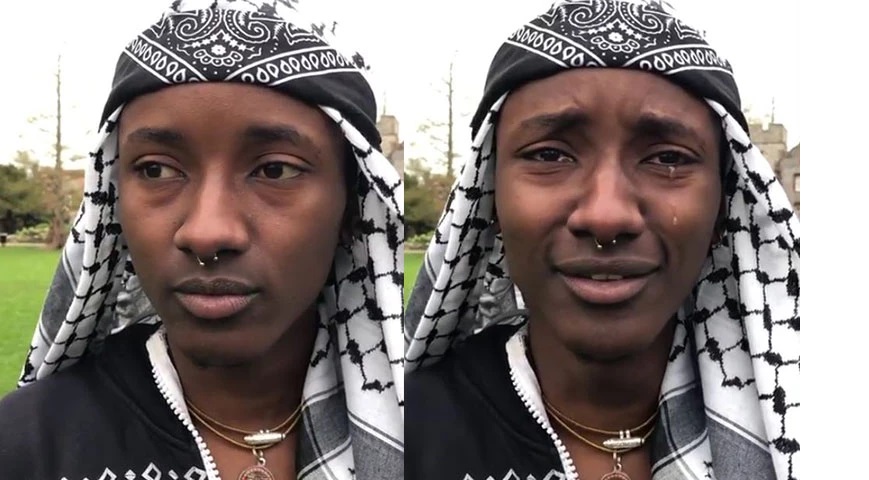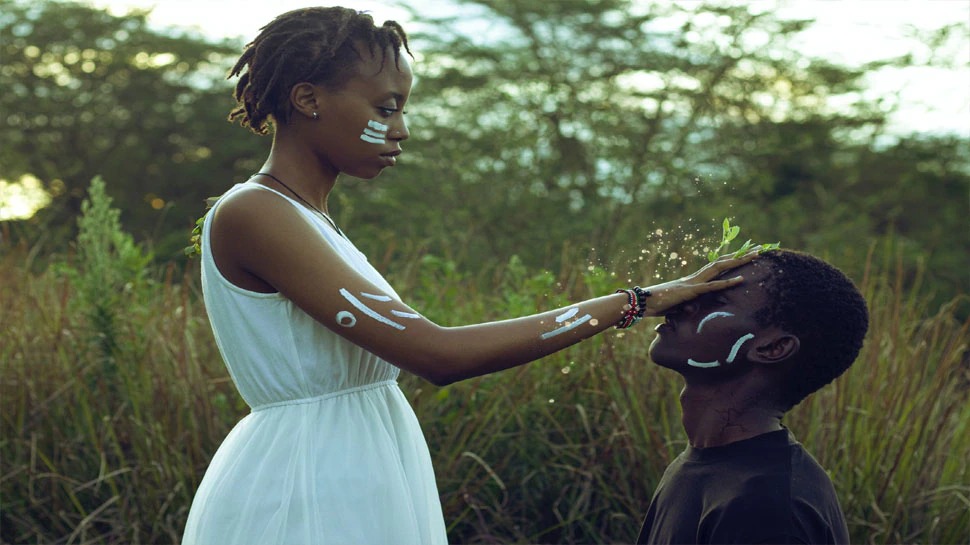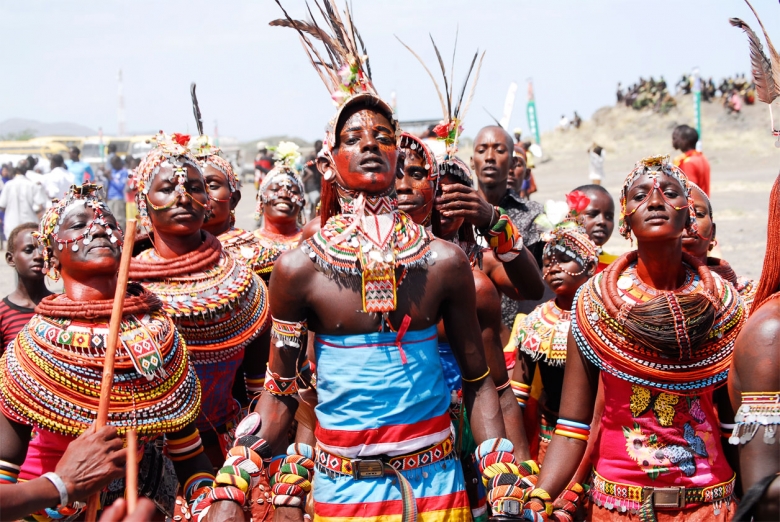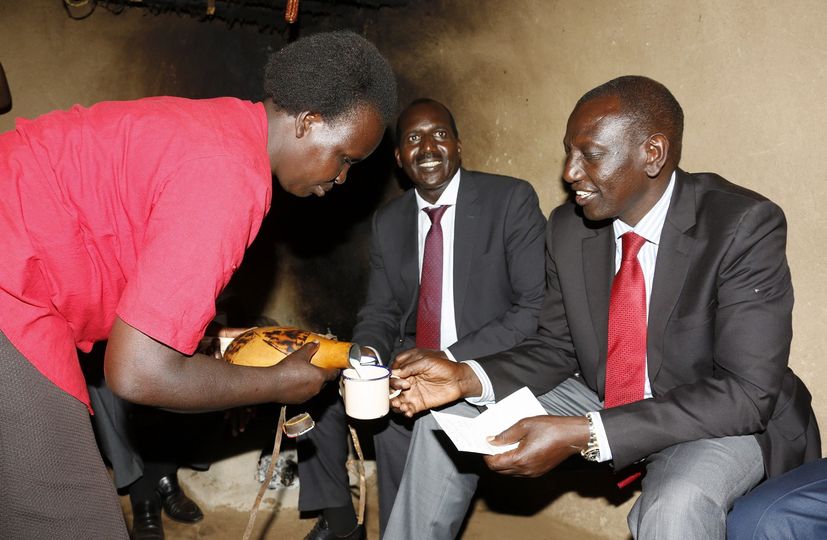The Himba tribe is an indigenous people with a population of about 20,000 to 50,000 people living in northern Namibia, in parts of the Kunene region and on the other side of the Kunene River in Angola.
A few groups of the Himba are hunters and gatherers. Himba is mostly a semi-nomadic, pastoral people, closely related to the Herero, and speak Otjihimba, similar to the Herero language.
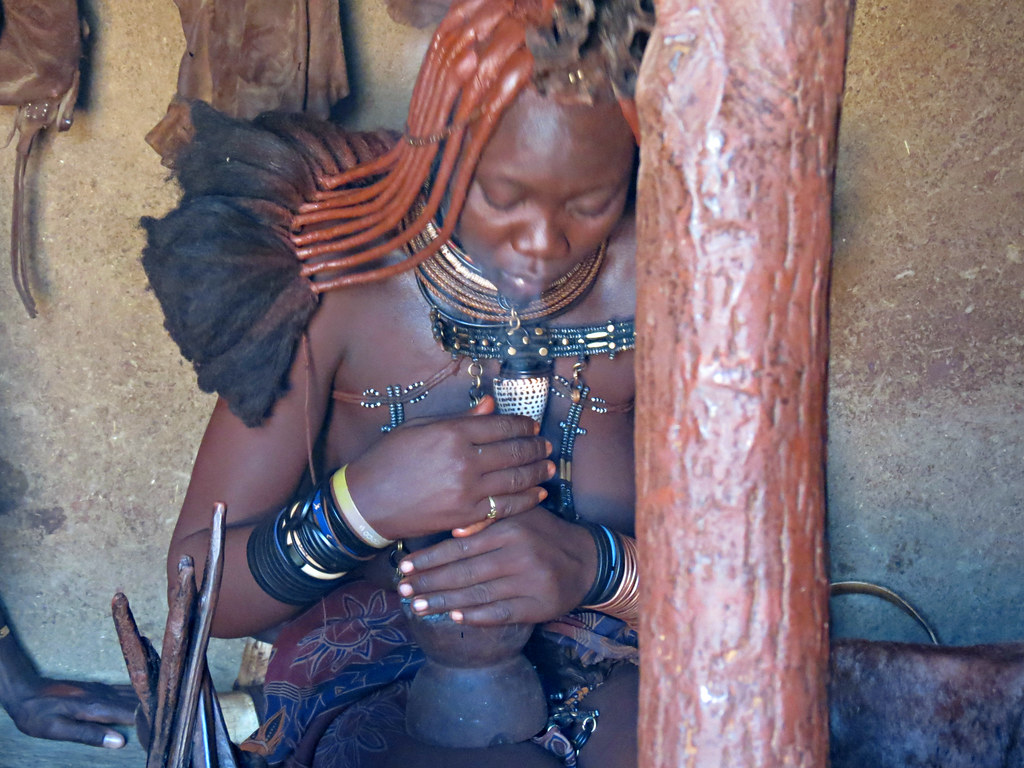
However, the peculiar tradition of the Himba tribe in Namibia has brought the tribe to the international spotlight, especially in recent times. What makes them popular involves their attractive custom and their way of life, clothing and economy.
They are said to offer intercourse for free and adorn newborns with beaded necklaces. Although the Himba people engage cooperatively with neighbouring tribes, they live in seclusion and are wary of external contacts.
One shocking fact about this tribe is that they do not take wet baths. It is due to harsh climatic conditions. According to research, Himba people live in one of the harshest environments on earth, with the extreme desert climate and the unavailability of potable clean water.
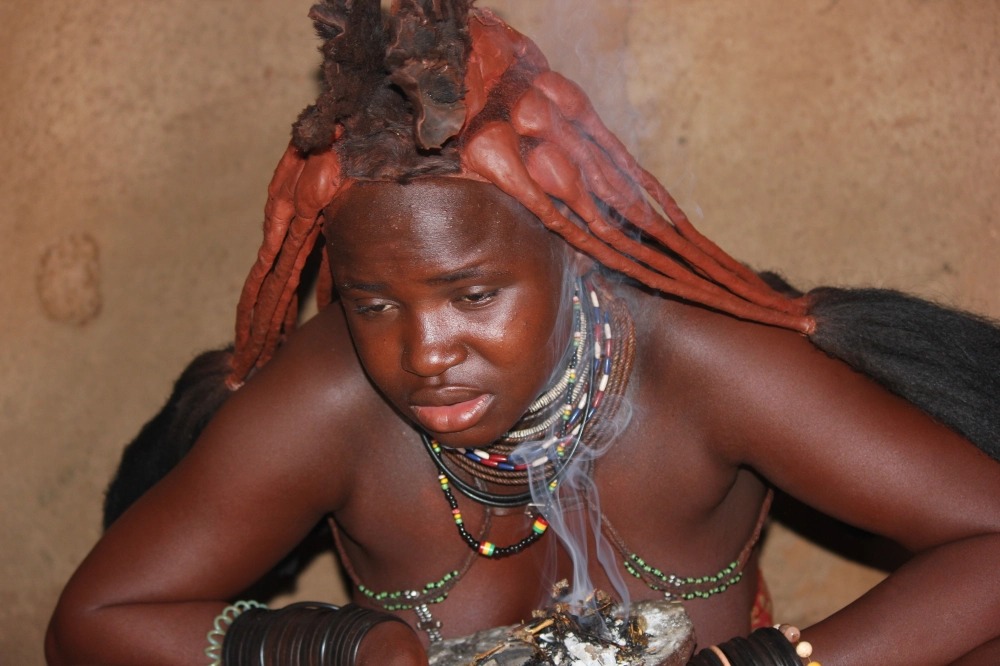
However, their lack of bathing has not led to a lack of personal hygiene. Members of the tribe apply red ochre on their skin and partake in a daily smoke bath to maintain good hygiene.
To do this, they put smouldering charcoal into a little bowl of herbs, leaves and little branches of Commiphora trees). Then they bow over the smoking bowl until they start sweating. For a full body wash, they cover their bodies with a blanket or a sheet to trap the smoke inside the fabric.”

